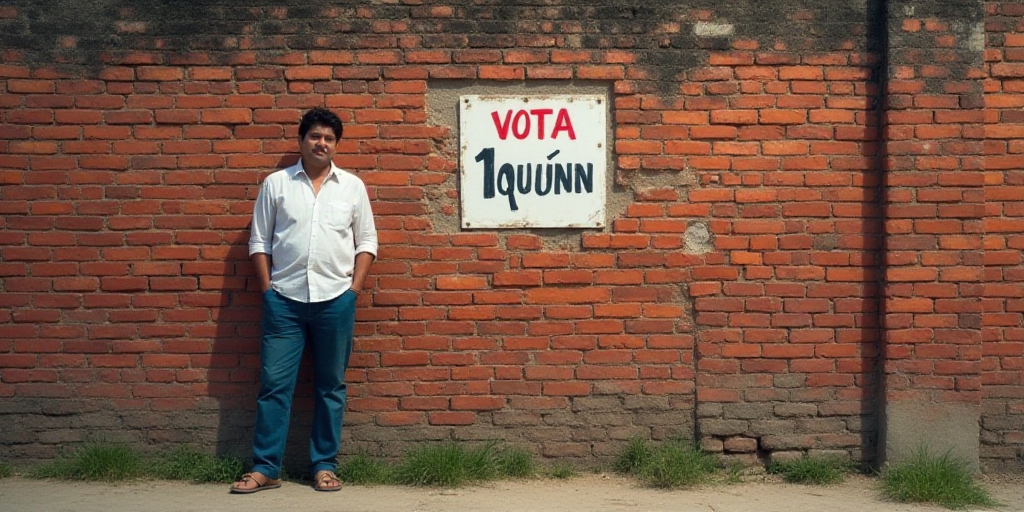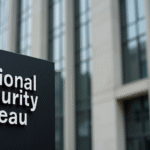Introduction
On June 1, seven new judges and magistrates specializing in telecommunications, radiodifusion, and economic competition will be elected by residents of only eight specific alcaldías (boroughs) in Mexico City. These judges will have a national scope, influencing decisions that affect the daily lives of Mexico’s 35 million households.
The Significance of the Sectors
Telecommunications and radiodifusion are crucial sectors contributing over 3% to Mexico’s GDP, generating annual revenues of approximately $32.6 billion and providing direct employment to 301,806 people. Moreover, these sectors ensure communication and information access for over 101 million Mexicans, including those who use the internet daily.
Why Only Eight Alcaldías?
Experts question the strategic rationale behind limiting the voting process to only eight alcaldías—Gustavo A. Madero, Cuauhtémoc, Venustiano Carranza, Iztacalco, Coyoacán, Iztapalapa, Cuajimalpa, and Álvaro Obregón—excluding areas with established tech hubs or recent investments in technology development, such as Zapopan, Tijuana, Pesquería, Mérida, and Colón.
Legal and Political Perspectives
Edgar Grajeda, a lawyer specializing in litigation, mediation, and arbitration, suggests that the selection of these alcaldías might have resulted from a lack of careful planning rather than a deliberate political strategy. He emphasizes that the responsibility for selecting these judges lies not only with voters but also with the executive, legislative, and judicial branches.
Voter Participation and Alcaldía Demographics
With a total of 7.9 million registered voters in Mexico City, only 61.38% of these electors can legally participate in selecting the seven new telecom judges. Out of the eight alcaldías involved, only three—Iztapalapa, Álvaro Obregón, and Gustavo A. Madero—account for three million votes.
Specialized Judges and Their Roles
On June 1, Mexico City residents will vote for three judges specializing in administrative law related to competition, radiodifusion, and telecommunications. They will also elect one magistrate for the administrative specialty tribunal covering the same areas. Additionally, they will choose three magistrates for civil and administrative appeals related to competition, radiodifusion, and telecommunications.
Context and Challenges
The new judges will operate within a newly established regulatory framework following the constitutional reform that created the Agencia de Transformación Digital y Telecomunicaciones (ATDT) and dissolved the Instituto Federal de Telecomunicaciones (IFT). Credit rating agency Fitch warns of potential investment decline in the telecom sector due to ATDT’s decisions, especially if it lacks a technical council to support its rulings.
Key Questions and Answers
- What are the sectors being addressed by these judges? Telecommunications, radiodifusion, and economic competition.
- Which alcaldías are responsible for electing these judges? Gustavo A. Madero, Cuauhtémoc, Coyoacán, Venustiano Carranza, Iztacalco, Álvaro Obregón, Cuajimalpa, and parts of Iztapalapa.
- Why are only these alcaldías involved in the election process? The decision might have resulted from insufficient planning rather than a deliberate political strategy.
- What is the significance of these judges’ roles? These judges will make nationally impactful decisions affecting Mexico’s telecommunications sector, regulatory asymmetry, and operator power dynamics.






